
Let's delve into the surprising objects that may inadvertently find their way into recycling machinery and wreak havoc on the recycling process.
1. Clothing and Textiles
While textiles like clothing, linens, and fabric scraps are accepted through several specialized programs, they can cause significant issues when they end up in traditional recycling bins. Loose fabric strands can become entangled in machinery, leading to jams and disruptions in recycling facilities. To prevent this, consider donating old clothing or textiles to textile recycling programs or thrift stores instead of tossing them in the recycling bin.
2. Garden Hoses and Ropes
Items like garden hoses, ropes, and cords may seem harmless, but they pose a significant risk of tangling in recycling machinery. Their flexible and durable nature makes them prone to getting caught in conveyor belts and sorting equipment, leading to costly downtime and repairs for recycling facilities. Proper disposal of garden hoses and ropes involves donating them for reuse or disposing of them as solid waste.
3. Plastic Bags and Film
Plastic bags and film are notorious for causing problems for recycling machinery. Despite efforts to educate the public about the importance of keeping plastic bags out of recycling bins, they continue to find their way into recycling facilities as one of the most common contaminants. Once inside, these lightweight items can wrap around equipment and jam machinery, resulting in work stoppages and safety hazards for facility workers. Remember to recycle plastic bags and film through designated drop-off locations at grocery stores or dispose of them as solid waste.
4. Electrical Cords and Cables
Old electrical cords and cables from electronics may seem innocuous, but they can create chaos at recycling facilities if not properly handled. These items contain metal components that can snag and tangle in equipment, leading to damage and downtime. Consider recycling electrical cords and cables through electronic waste recycling programs or disposing of them as solid waste.
5. Christmas Lights
After the holiday season, broken or unwanted Christmas lights often find their way into recycling bins; however, the thin wires and small bulbs can easily become entangled in recycling machinery, causing jams and delays in processing. To responsibly dispose of Christmas lights, consider recycling them through specialized programs or repurposing them for craft projects.
As we all strive to embrace recycling it's essential to be mindful of unexpected items that can disrupt the process. By staying informed about proper recycling practices and avoiding the inclusion of tangling items in recycling bins, we can keep our recycling efforts on track.






















































.png)

%20(25).png)
%20(24).png)
%20(22).png)
%20(21).png)
%20(20).png)
%20(19).png)









%20(12).png)










.png)





.png)
.png)

.png)

.png)


.png)

.png)





.png)
.png)





.png)



.png)











.png)









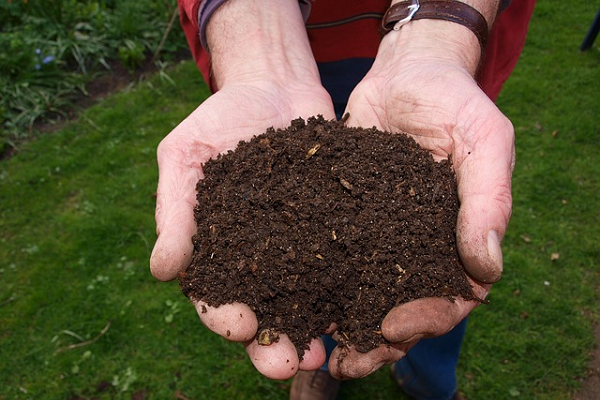
.png)

.png)






.jpeg)



.png)




.png)







%20resize.jpeg)



%20small.png)

.png)
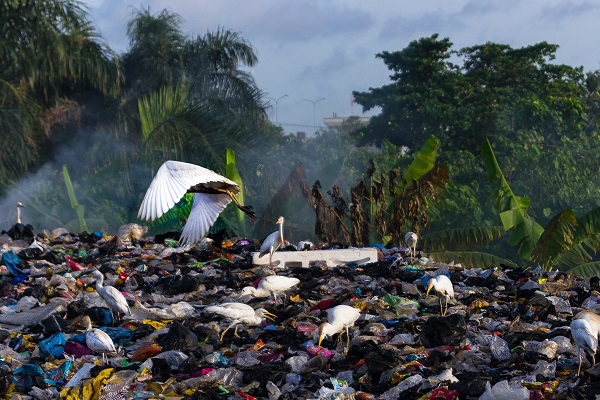
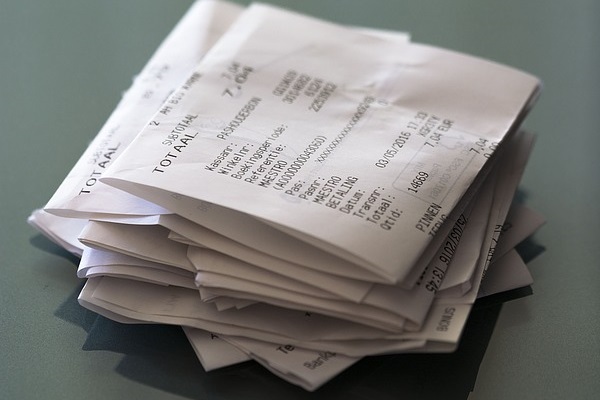



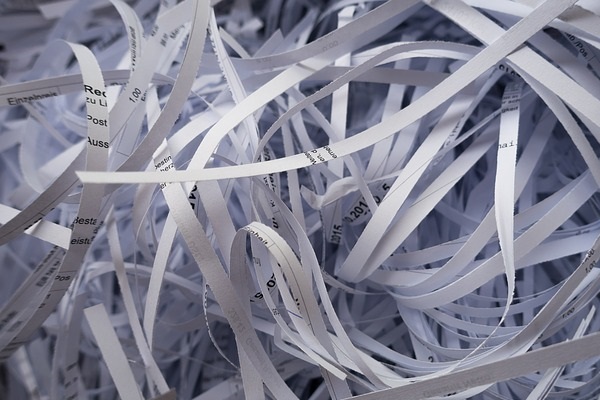

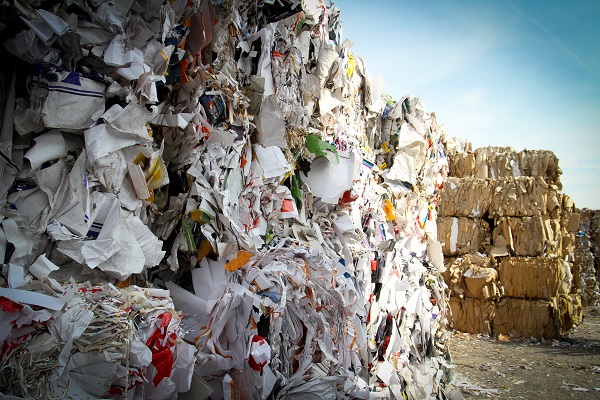

.png)
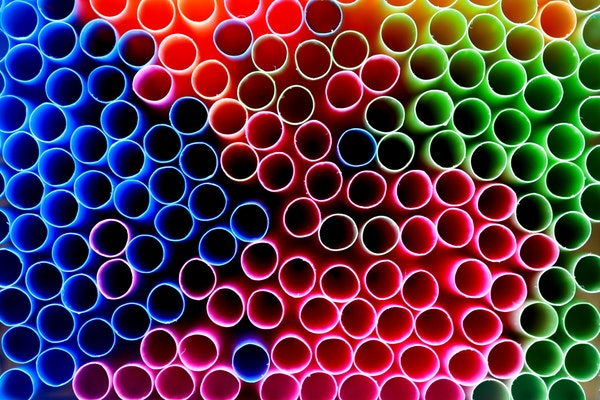
.png)

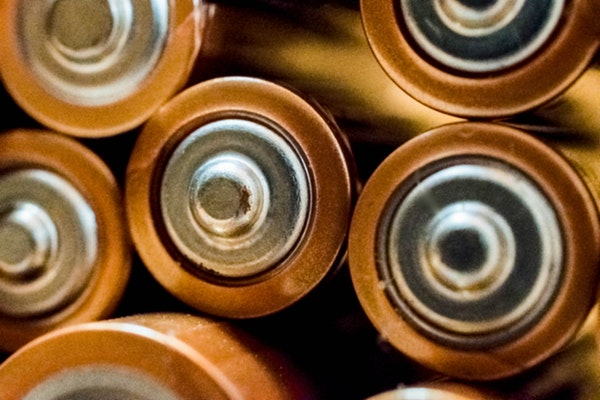


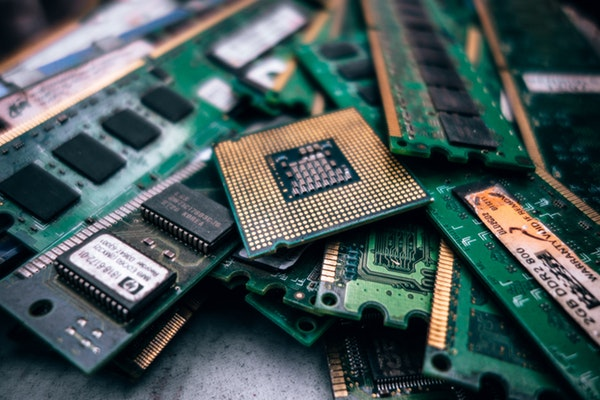





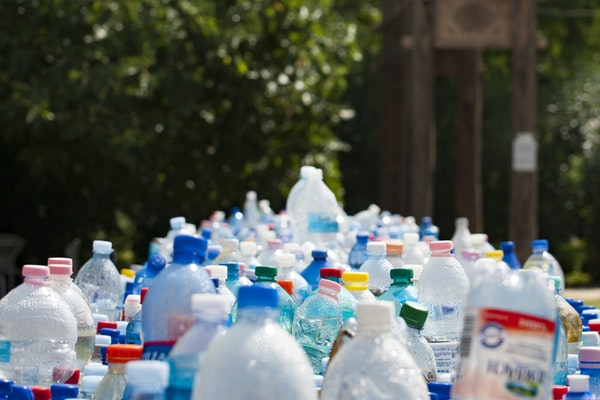
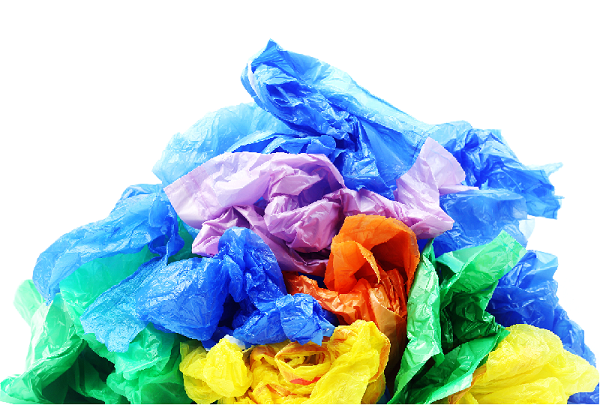



.jpg)
.jpg)
.jpg)
